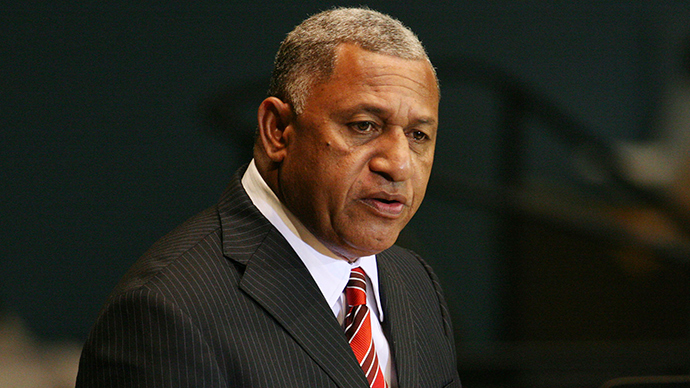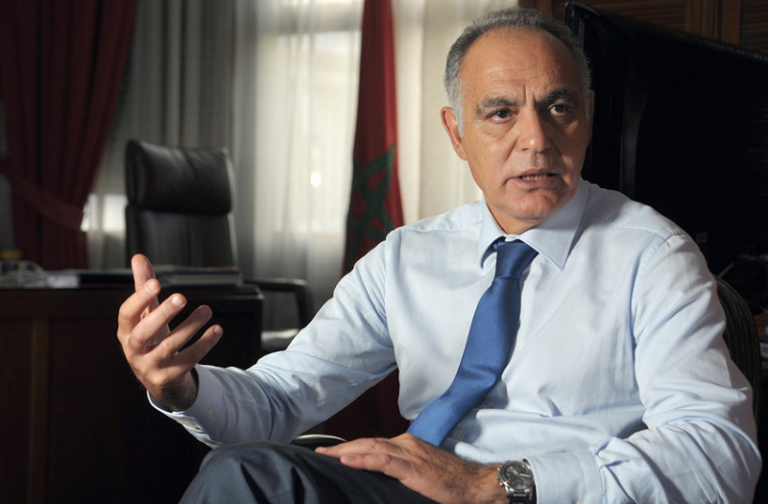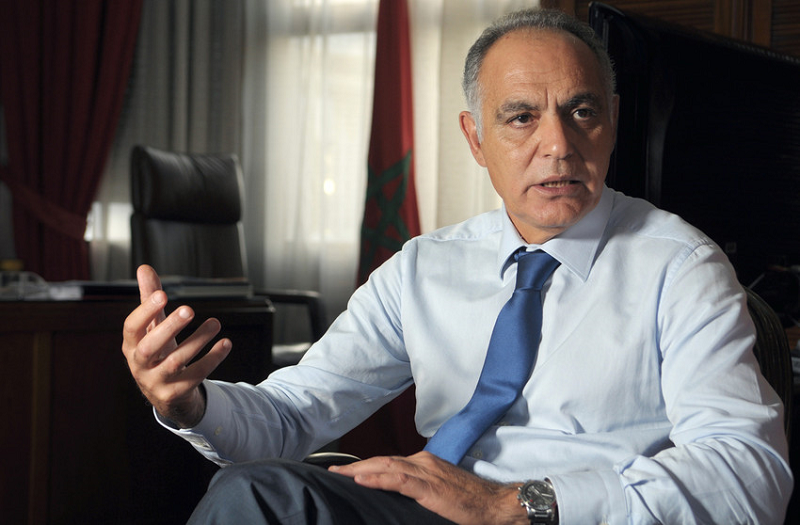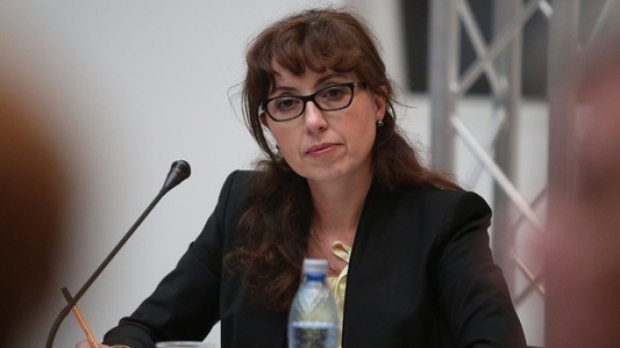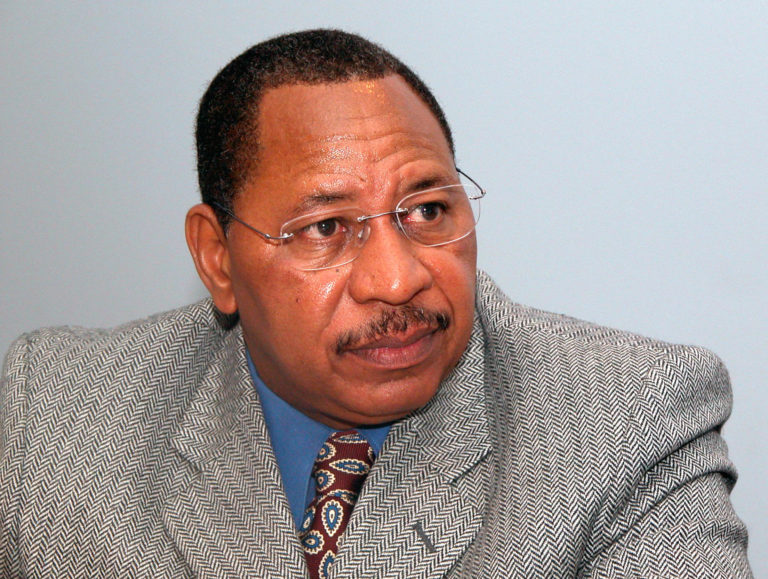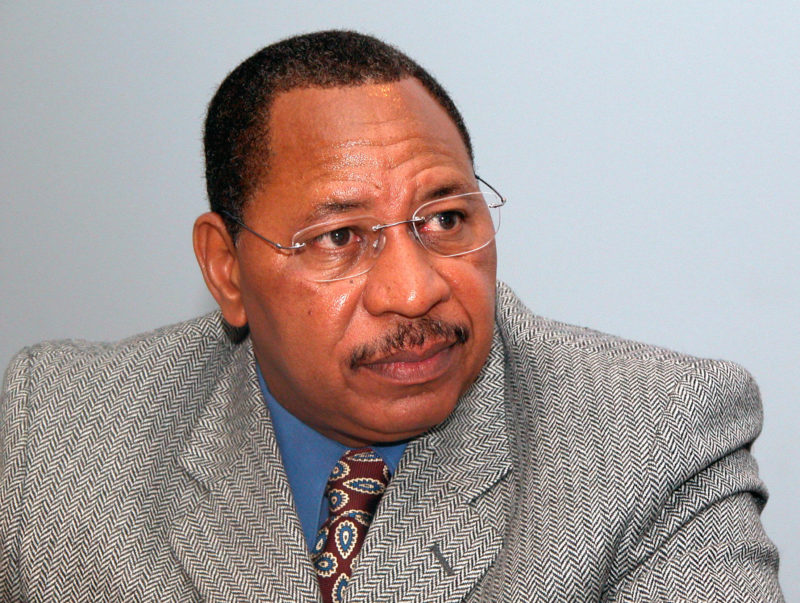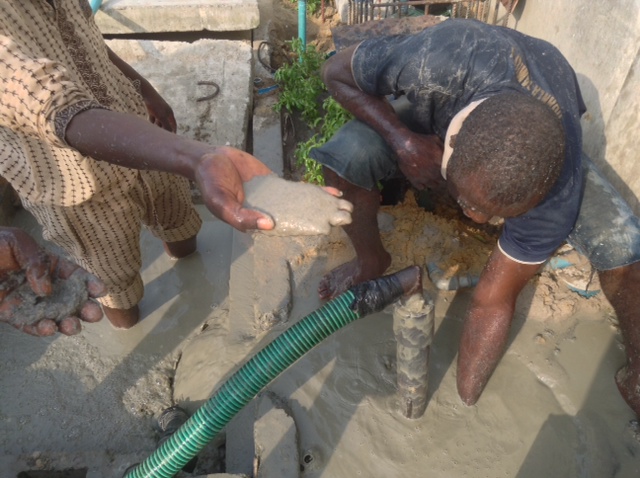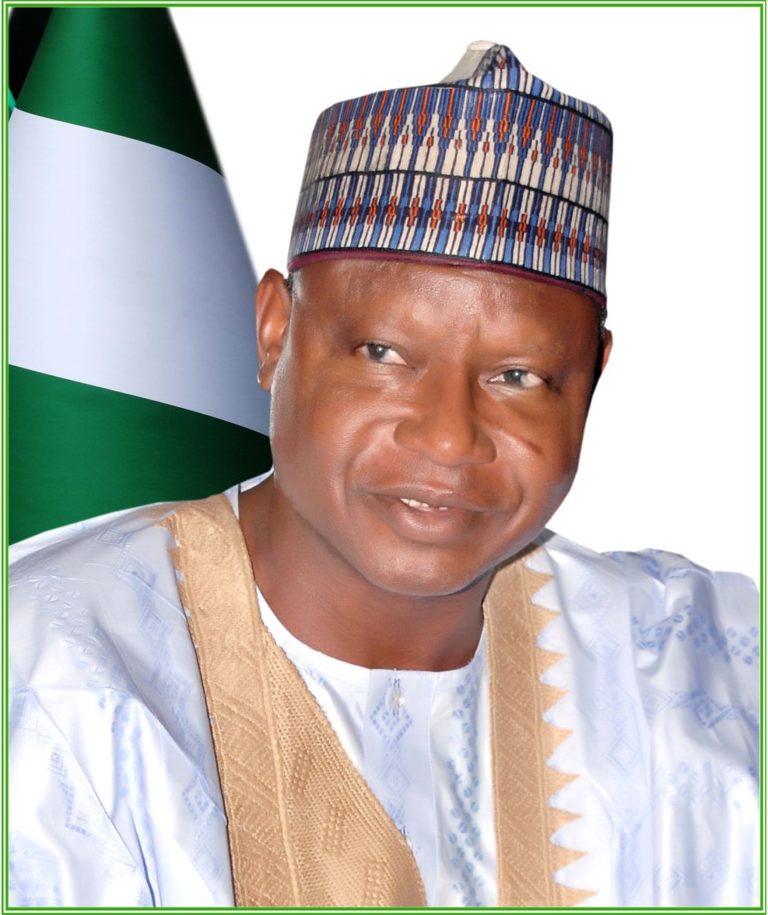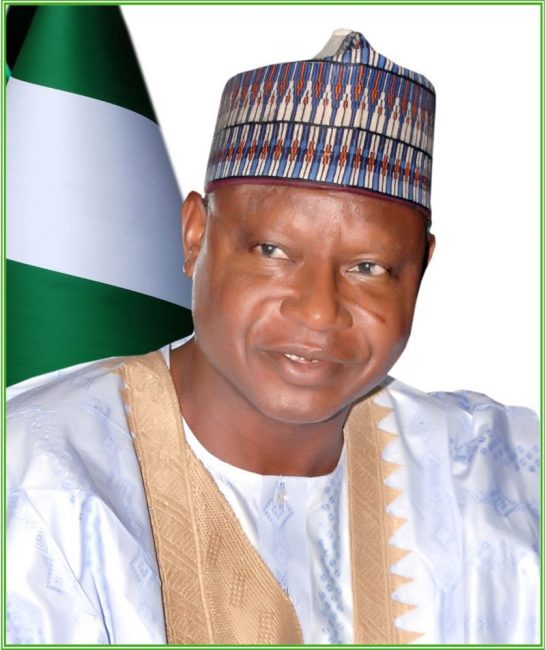“Nigeria’s commercial and administrative capital cities of Lagos and Abuja got distant 212th and 213th respective positions out of the 231 cities assessed under the 2017 Mercer Quality of Living Rankings for cities.”…………..EnviroNews, March 14, 2017
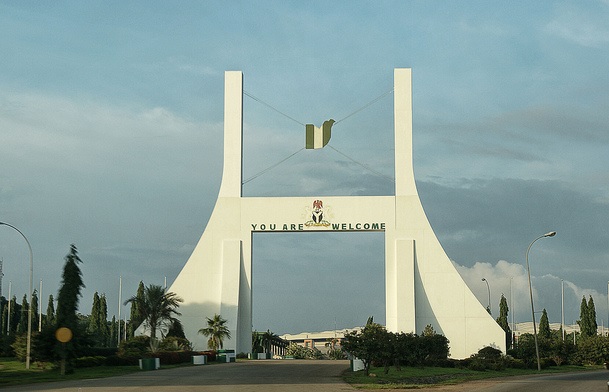
The title of this piece was slightly modified in order to arouse the conscience of those who have a remit for city planning, management and governance in Nigeria, that all is not too well with Nigerian cities especially the de facto capital city, Abuja and the erstwhile capital city, Lagos. The EnviroNews (an online newspaper) edition of March 14, 2017, which carried the news actually titled it as “Lagos, Abuja get low status in quality of living ranking,” but this writer purposely prefixed the title with the operative word “worrisome” because the news was not euphoric.
Before delving into some of the issues that would be the concern of this piece, we shall quickly recapitulate what the EnviroNews wrote in the edition under reference. The news, according to the paper, was that the report for “2017 Mercer Quality of Living Rankings” for cities worldwide has been released. The report was the corollary of an annual Quality of Living survey conducted by the world renowned consultancy firm, Mercer Company based in the United Kingdom with outposts in the United States of America. The 2017 report was the 19th in the series of such report since its maiden edition debuted in 1998. By using certain criteria and city benchmarking research methodologies, Mercer Quality of Living survey was conducted in selected cities around the world and, based on the result obtained, these cities are ranked from the first to the last position depending on the numbers of cities surveyed and the total marks the cities got. The determinants of the survey for the quality of living ranking of the cities are basically: connectivity, competitiveness, attractiveness and security. I shall come back to expatiate further on this.
The 2017 report on African cities is paraphrased as follows:
“ ……only five cities in Africa made the top 100, out of which three are from South Africa…With Port Louis in Mauritius topping the Africa chart at the overall 84th position, Durban (87),…..Cape Town (94), Johannesburg (96) and the city of Victoria in Seychelles placing 98th.
On the other side of the scope, Brazzaville, Republic of Congo (224), N’Djamena, Chad (226), Khartoum, Sudan (227), and Bangui, Central African Republic (230) formed the lowest-ranked cities for quality of living in Africa.”
The ranking for Lagos was 212th and Abuja was 213th position out of 238 cities assessed for the quality of living survey. Conversely, from the bottom of the ranking table, Lagos ranked 25th and Abuja 26th position. Or simply interpreted, the two cities were among the “bottom 30 cities!” The numerical conversion is for emphasis. It is to enable readers to easily comprehend how lowly-rated the two cities are. The first reaction of this writer to the not-too-good news was that such low ranking of the two cities is to be expected, hoping that one is not labeled a pessimist. However, if things are to change, we need open and constructive criticism about urban development foibles and the unbiased assessment of the nation’s cities most especially Lagos and Abuja by independent assessors, in order to force the much-needed change among the policy-makers in charge of urban governance in Nigeria. If on the other hand the policy makers are publicly song-praised for good performance, they should not rest on their oars based on the current most comprehensive and authoritative report by Mercer Company. Meaning: what is perceived as good performance is still a minuscule achievement. It is not a feat.
Although the ranking was for two cities, without any prejudice, this piece will only focus on Abuja’s low ranking and will try to advance the reasons responsible for it.
Abuja’s short-comings: As far back as 2002 (15 years ago), this writer wrote an article in The Guardian edition of January 14, 2002 aptly titled “ Abuja: How not to develop a capital city,” the relevant part of which is excerpted as follows: “A first time visitor to Abuja would jump into conclusion that the city truly reflects the characteristics of a new capital city…….good road network, iconic buildings, functional street lights…However, as the visitor continues his/her sightseeing, the other side of Abuja, which depicts a sign of failure in urban management begins to manifest. Then the visitors start to ask pertinent questions such as: Who is in charge of Abuja? Where are the city parks? Why are open spaces left unkempt? Where are recreational facilities? Why is refuse everywhere in a new city?” The article further surmised that “wholesome environment and good physical layout which are the hallmarks of a new city are being degraded, if what goes on in Abuja is the yardstick to judge the efficacy of urban management and physical planning within the city and its environs.” End of quote.
Has anything changed? Fast track to the present situation in Abuja, these short-comings are still noticeable, regrettably, not to a lesser degree….a revelation the Mercer report confirmed. Abuja which was built on a pristine tabula rasa is supposed to be a model capital city in Africa. However, it has rapidly degenerated within two decades and already exhibiting signs of a dysfunctional city and traffic jam. Most of the city’s infrastructures have broken down due to overloading of facilities and the cumulative effect of poor maintenance culture. Water provision is on the steady decline, while that of the power supply, which is the heartbeat of any urban economy is epileptic.
As we write, the only international airport that connects the city to the outside world has been completely shut down for six weeks for repair because the entire landing runway for airplanes has broken down as a result of criminal neglect of the very important facility. The record shows that the runway was constructed in 1982 with a life-span of 20 years, which was due in 2002, but no concrete rehabilitation was done on the runway 37 years thereafter. The facility was left unrepaired until it because so unsafe and foreign airlines complained to the Nigerian government.
Abuja scores low in international tourism despite the huge sum spent by the Nigerian Tourism Board on road shows abroad to solicit for foreign tourists. Recreational facilities are in short supply and other allures that could draw tourists to the city are infinitesimal. The city is underserved with urban mass transit and remains a “city on wheels.” Abuja has become a city of cars where the level of gas emission is unusually high with the attendant health risk and implications on the quality of living in the city. On security, the city has not fared better. The kidnapping of expatriate workers has become the albatross of the Nigeria Police. In tow are the frequent incidences of armed robbery.
Public facilities that have gone extinct in Abuja can be easily identified by event watchers. On this list, inter alia include the public wi-fi project introduced in 2006 by the FCDA in partnership with Suburban Broadband Limited with the aim to provide city-wide Wi-Fi service. After the first phase was piloted at six locations in the city, the project was abandoned mid-stream and died a premature death. Next is the FCT Call Centre with phone number 09-4603600-9 where residents can call and make inquiries or complain to the authority while at the same time make a suggestion to government officials. This novel idea is no more functioning. The phone has gone dead.
Infrastructure such as traffic lights seldom works both in the day and night. Abuja at night is a city of darkness. Many of the traffic lights are not working and nobody is being held accountable for the repair. The city is not user-friendly due to near absence of road and directional signs. Wear and tear have taken its toll on some of the road signs rendering them very difficult to read most especially by first-time visitors.
The El-rufai Buses, Taxi, and Queen’s Taxi which were introduced by the former Minister of the FCT, Mallam Nasir El-Rufai (now the incumbent Governor of Kaduna State) in 2009 to boost public transportation within the city and its environs, have become history. Some of the vehicles are off the road and those still providing skeletal services are poorly maintained. Ridership has drastically reduced and likewise revenue intake by the bus service company.
The above negativity makes the city less competitive for Direct Foreign Investment (DFI) and neither guarantee a friendly environment for investors nor score higher marks in any of the four criteria chosen to assess global cities for quality of living ranking, which I referred to earlier in this piece. The three paramount principles that were meant to guide the development of Abuja as a new capital city were:
- the principle of environmental conservation,
- the principle of the city beautiful, and
- the principle of the functional city. Abuja, as a new city was to be functional, traffic-friendly and a city with ornamental parks and open spaces in the tradition of Ebenezer Howard’s city planning philosophy.
However, the extent to which Abuja has accomplished the three principles since the movement to the city began in 1982 remains questionable, if not worrisome.
There has been a systemic failure of city planning, management, and governance. From successive administrations to the present, things have been left fallow for too long and as a result, Abuja has failed to realise the lofty dreams of its planners along the concepts of the three principles enumerated above. When a city’s infrastructural services totally collapse, the sinew needed for the city to be competitive with others within its immediate region and by extension, other world cities cannot be mustered. It will lack the momentum to develop at an ever-growing pace. Abuja is a victim of maladministration, incompetency of its managers and uncaring residents who have a grouse to grind with sloth government officials
The way forward
The failure to properly manage Abuja as an urban entity can be traced to the uncoordinated activities of the Federal Capital Development Authority, Abuja Municipal Area Council and Abuja Environmental Protection Agency. Each of these agencies might be administratively independent; their functions are cross-cutting in terms of environmental protection and physical planning. Hence, the three agencies should coordinate their activities for the good development of the city and those who choose to live, work, visit or do business there. There should be a joint effort in pollution control, development control and strict enforcement of physical planning standard and sundry urban management matters to avoid duplication of functions or working at cross-purpose.
We make bold to canvass for what cities in other climes do: explore, innovate, embrace creativity, prudent with resources, engage the people and copy what works instead of reinventing the wheel. If we put all these suggestions in practical actions, Abuja should be able to notch up the ladder for the next Mercer Quality of Living ranking for cities worldwide.
By Yacoob Abiodun (Urban Planner / Planning Advocate, Parkview Estate, Ikoyi, Lagos)



